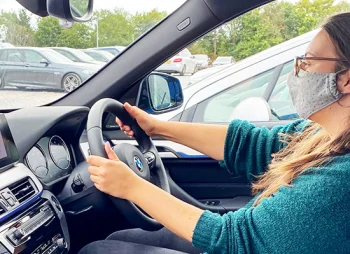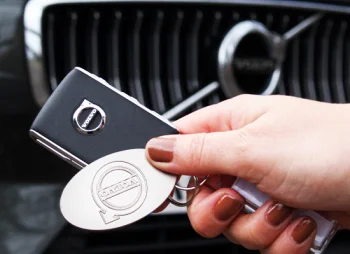Extending my lease term
If you are coming to the end of your lease over the next few months the most affordable way to stay mobile may be the continuation of your current lease.
Extending your lease will prevent you having to invest in a new car or digging out for a new deposit. Equally, the arrival of your new car may be delayed due to the pandemic and you need a little bit of extra time with your current car to tide you over.
Overall, extending your lease may buy you some much-needed extra time to assess your options.
What are your options?
There are generally two choices available to customers looking to extend the lease on their car or van: a formal or informal extension.
An informal lease extension will generally work on a rolling basis, generally up to a period of 6 months. The lease holder can continue to use the vehicle until collection is requested. The cost remains the same as the original lease agreement and is paid in arrears.
A formal extension will be longer in length and you will be required to sign a modified agreement to cover the extended term. A formal lease extension will generally be 6-12 months long and you will be offered a revised monthly fee based on the additional expected vehicle depreciation.
If you want to extend your lease contract you must contact your funder and once again is at their discretion. It can take up to 4 weeks to arrange, so we recommend making the request well ahead of your contract end.









